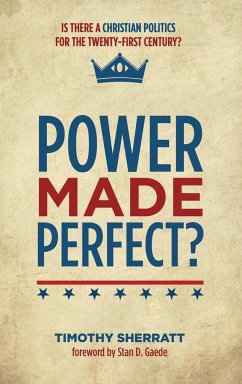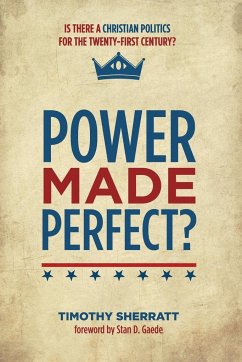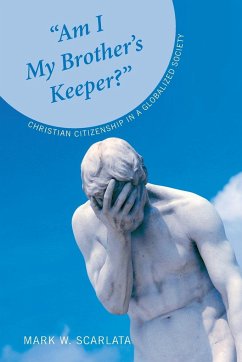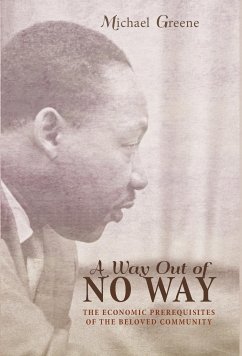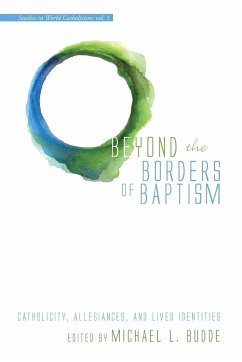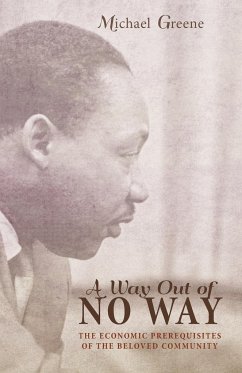How would politics be different if Christians acknowledged Jesus Christ as the archetype of all rulers, democratic and nondemocratic? How would our practice of politics change if we recognized the suffering love of Christ as the truest exercise of power? Power Made Perfect? offers a distinctive approach to government and politics. It is important, the author argues, to ask how creation provides guidance for political conduct; for politics to be an exercise in piety; and to approach politics in a fallen world with prudence and not in pursuit of ultimate solutions. But it is even more important to begin with Jesus Christ. Christ is the rightful ruler of the world who exercises power by suffering and dying for guilty humans. All political activity is held to the standard of Christ's sacrifice. In this book, Timothy Sherratt surveys major Christian political initiatives and schools of Christian political thought, with a particular emphasis on American politics, before outlining ways in which Christians in churches can practice faithful political engagement.

